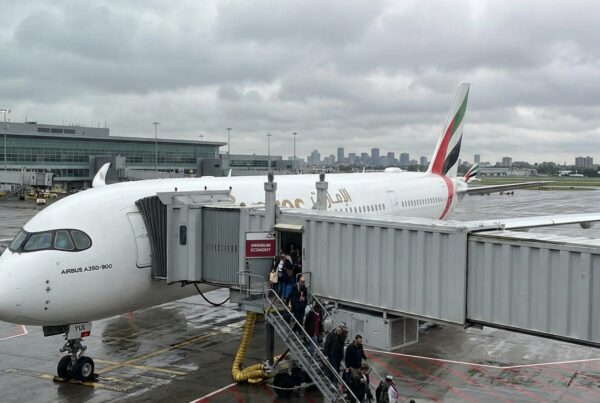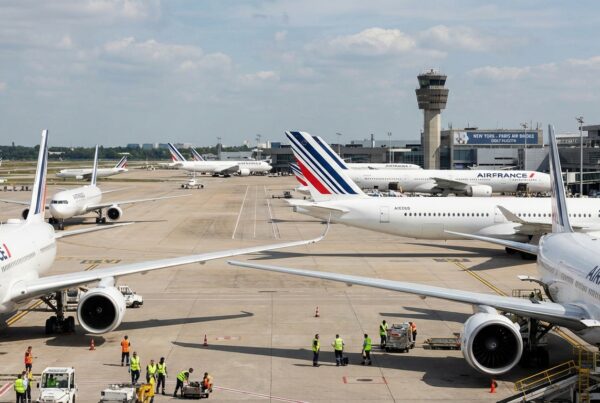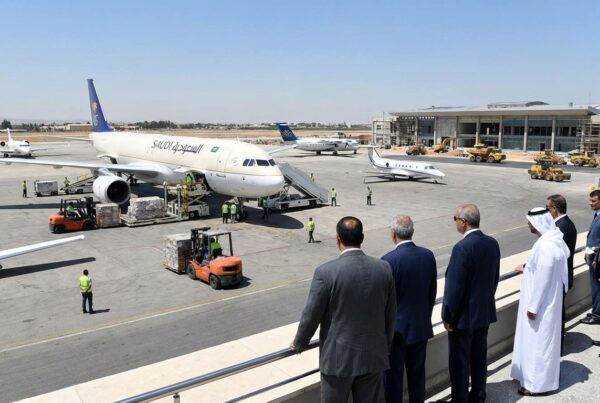British Airways to roll out Free Wi-Fi on its entire fleet thanks to the technology Starlink. This announcement marks a major step forward for the on-board experience, and lays the foundations for a profound transformation of the in-flight connectivity for business travelers and tourists alike. According to Flywest, this deployment is part of an ambitious modernization plan designed to improve punctuality, comfort and digital travel continuity.
Why on-board broadband is becoming a strategic issue
The request for a reliable in-flight connection is growing all the time: professionals who want to maintain their productivity, families who expect streaming entertainment services, and passengers who demand continuity between the ground and the airplane. Offering a Free Wi-Fi is a game-changer in terms of commercial differentiation. For an airline like British Airways, the adoption of Starlink means offering a passenger experience more homogeneous on short, medium and long-haul routes, while strengthening its positioning in the face of both traditional and low-cost competition.
What does Starlink offer compared with conventional solutions?
Starlink is based on a network of low-orbit satellites designed to reduce latency and increase throughput, enabling terrestrial-like usage even over oceans and remote areas. The expected improvement concerns navigation speed, videoconferencing quality and the possibility of streaming without frequent interruptions. For passengers, this means smoother access to online services, business applications and entertainment content.
Operational and commercial impacts for British Airways
Integrating a satellite connectivity system involves technical and logistical adaptations, including antenna installation, equipment qualification and team training. But the expected benefits are manifold. On the commercial front, a Free Wi-Fi promotes loyalty, increases customer satisfaction and can become a strong argument in the choice of a company for business travel. In operational terms, permanent connectivity enables better management of on-board services, more responsive communication in the event of an incident, and optimization of predictive maintenance.
What's the impact for travellers?
For the passenger, the challenge is simple: to have a high-speed connectivity from departure to arrival. The benefits are tangible for those who work in-flight: fewer dropped connections during video calls, immediate access to cloud platforms, and secure document transmission. Leisure travellers also benefit from enhanced comfort for streaming and browsing. Ultimately, free Wi-Fi access may redefine the perceived value of different classes and services on board.
Consequences for airports and connections
Strong on-board connectivity is part of a digital continuum that begins at the airport. Continuity between mobile applications, boarding services and in-flight Wi-Fi simplifies the travel experience. Passengers will benefit from reservation tracking, real-time updates and improved connection management tools. This integration reinforces the promise of a smoother journey, particularly appreciated during long stopovers or international connections.
Regulatory, environmental and economic issues
Mass deployment of a satellite solution in aviation raises regulatory issues relating to frequencies and certification of aeronautical equipment. There is also an economic aspect: free access for passengers can be financed by a significant initial investment, offset by increased customer satisfaction and ancillary revenues. Finally, from an environmental point of view, the use of antennas and on-board equipment must go hand in hand with consideration of energy consumption and system optimization to limit the overall carbon footprint of the service.
Towards a new travel standard?
If the promised experience is confirmed, the generalization of the Free Wi-Fi Starlink to the fleet of a major international airline could set a new standard for service. From now on, travelers will compare offers not only on price and seat comfort, but also on the quality of the service they receive. in-flight connectivity. For companies, it's a gas pedal of digital transformation and a lever for strategic differentiation in an increasingly competitive market.
British Airways is thus taking a decisive step in the evolution of the in-flight experience, offering the promise of continuous, high-performance connectivity. This initiative highlights the growing importance of the On-board Wi-Fi as a central criterion of choice for passengers, and as a vector of innovation for the entire airline industry.




